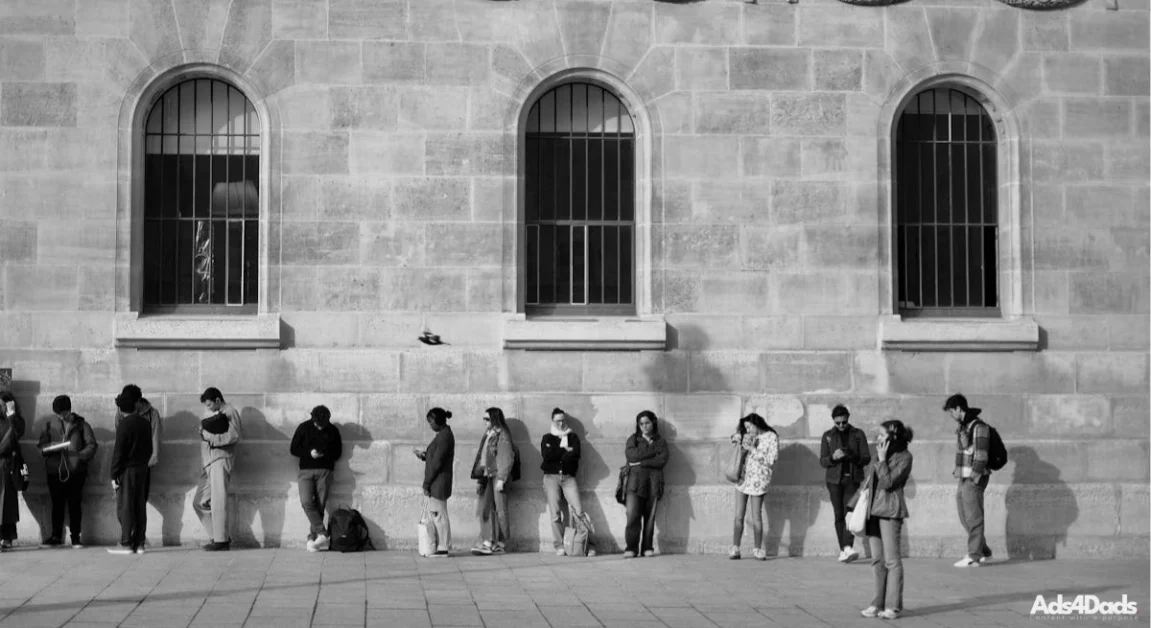Over the past few years, I’ve noticed that many individuals who hold liberal political views also identify as a liberal Christian. While the term isn’t new, it has gained increased visibility in modern culture. In many cases, those who once embraced traditional Biblical teachings now seem more inclined to compromise those values for the sake of cultural relevance or acceptance.
Faith and Social Pressure
This tension is especially visible on university campuses, where traditional values often clash with progressive ideologies. Young adults, eager to be accepted, can find their long-held beliefs reshaped by academic influence, peer pressure, and the persuasive nature of pop culture. Social media and entertainment subtly blend new-age philosophies into music, movies, and messaging. Slowly, the still-small voice of God’s Spirit is drowned out by a louder cultural narrative.
What Is a Liberal Christian?
After encountering this label so frequently, I took time to research its meaning. A liberal Christian is typically someone who holds a more progressive interpretation of Christianity than traditional or conservative believers. Their views often reflect current cultural values, blending spiritual belief with modern ethics, science, and inclusivity.
Common Traits of Liberal Christianity:
- Non-literal interpretation of the Bible: Scripture is viewed as inspired but not necessarily inerrant.
- Focus on social justice: Emphasizes ethics and love over strict doctrine.
- Acceptance of modern science: Seeks harmony between faith and scientific thought.
- Inclusive social views: Supports LGBTQ+ rights, gender equality, and progressive policies.
- Metaphorical view of miracles: Often downplays supernatural elements in Scripture.
- Universalism: Many reject eternal damnation and believe all people will ultimately be reconciled with God.
- Interfaith openness: Recognizes other religions as valid spiritual paths.
- Focus on this world: Prioritizes improving life on earth rather than focusing on the afterlife.
- Skepticism toward church authority: Emphasizes personal spiritual experience over institutional hierarchy.
- Willingness to revise beliefs: Adapts theology in response to modern values and cultural shifts.
It’s important to understand that liberal Christianity exists on a spectrum. Not every liberal Christian will hold all of these views, but most share a progressive approach to faith and seek to adapt Christianity to modern knowledge and ethics.
Why It Matters
For those of us who believe the Bible is God’s unchanging Word, these reinterpretations raise important questions. Jesus didn’t seek to be culturally popular, He stood for truth, even when it cost Him His life. The idea of redefining truth based on what feels right or modern should make us pause and reflect.
The Cost of Selective Faith
Christianity requires faith… faith in things we cannot fully understand. When we pick and choose what to believe from the Bible, we reduce our faith to personal preference. But God calls us to something higher: to believe in Him fully, to trust His Word even when we don’t understand it, and to seek wisdom through Scripture.
When Faith Feels Distant
Maybe you’ve drifted in your faith. Perhaps something happened that caused you to doubt God’s goodness or presence. Those moments are real, and they can leave lasting wounds. But even then, God hasn’t abandoned you. He invites you to bring your anger, confusion, and doubt to Him. He can handle it.
Steps to Reconnect With Authentic Faith:
- Pray honestly, bring your questions to God.
- Read the Bible regularly, starting with the Gospels.
- Talk to mature believers who can encourage you in truth.
- Guard your heart from voices that dilute or distort Scripture.
- Ask God to renew your desire for truth, even when it challenges you.
For more on spiritual resilience in our culture, check out our post on How to Cultivate Lasting Fruit in Your Life.
You can also find thoughtful articles on cultural Christianity at The Gospel Coalition.
Conclusion
The label “liberal Christian” reflects a real shift in how faith is approached in modern times. While some see it as progress, others view it as compromise. Regardless of where you stand, let’s be committed to pursuing God’s truth with open hearts and discerning minds. Faith isn’t meant to be shaped by culture, it’s meant to stand firm in the midst of it.
FAQs
Conservative Christians hold to a literal interpretation of Scripture and traditional doctrine, while liberal Christians tend to reinterpret Scripture through a modern, progressive lens.
Yes, most liberal Christians profess belief in Jesus, though their understanding of His teachings and mission may differ from traditional interpretations.
Questioning isn’t wrong, it can lead to growth. But it’s important to test all beliefs against the full counsel of Scripture, not just culture or emotion.
Romans 12:2 says, “Do not conform to the pattern of this world, but be transformed by the renewing of your mind.” Truth is not meant to be trendy, it’s meant to be eternal.
Absolutely. God welcomes you back with open arms. He never left you, and He is always ready to restore your faith.
Dealing with your doubt
When God feels far away
If you enjoyed this article, we believe you’ll find this one interesting too: Why Knowledge Is Important to Humanity.












